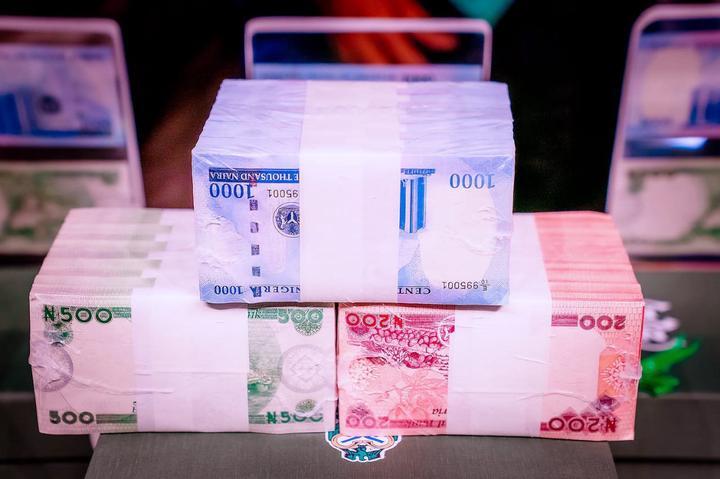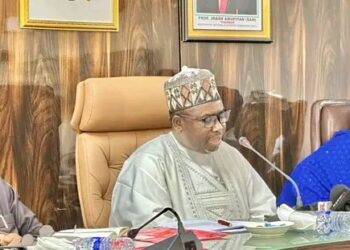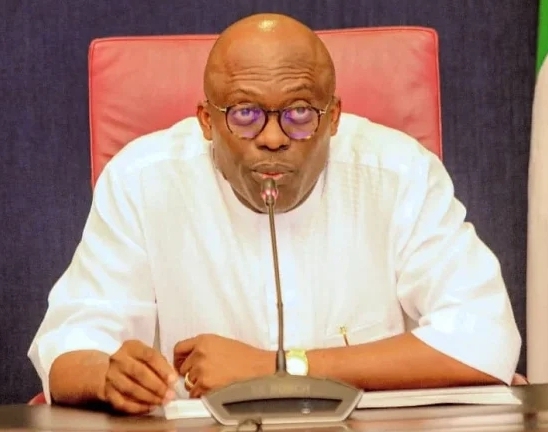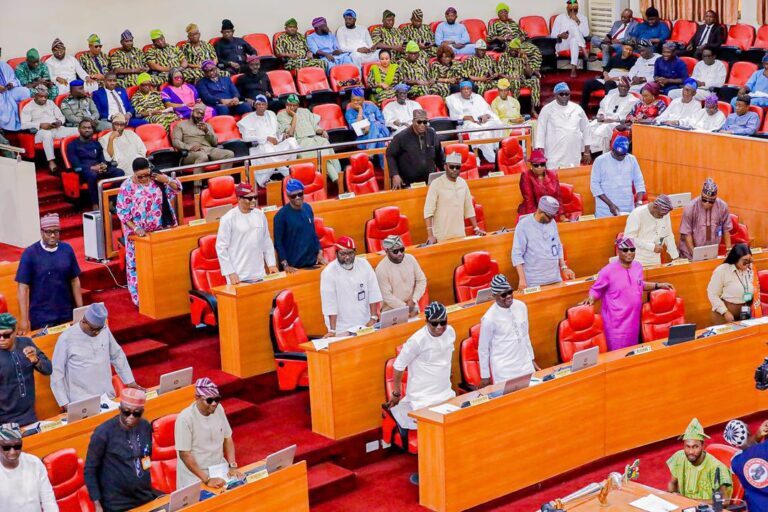Director, Press and Public Relations, Office of the Accountant-General of the Federation (OAGF), Mr. Bawa Mokwa, announced this in a communique issued at the end of FAAC meeting on Thursday in Abuja.
According to the communiqué, the N1.703 trillion total revenue comprised statutory revenue of N749.727 billion, Value Added Tax (VAT) revenue of N718.781 billion.
It also comprised Electronic Money Transfer Levy (EMTL) revenue of N20.548 billion and Augmentation of N214 billion.
It said that the total gross revenue of N2.641 trillion was available in the month of January.
“Total deduction for cost of collection was N107.786 billion while total transfers, interventions, refunds and savings was N830.663 billion,” it said.
It said that gross statutory revenue of N1.848 trillion was received for the month of January.
“This was higher than the sum of N1.226 trillion received in December, 2024 by N622.125 billion.
“Gross revenue of N771.886 billion was available from Vat in January, which was higher than the N649.561 billion available in Dec. 2024 by N122.325 billion,” it said.
The communiqué said that from the N1.703 trillion total revenue, the Federal Government received the sum of N552.591 billion and the state governments received N590.614 billion.
“The LGCs received the sum of N434.567 billion and a total sum of N125.284 billion (13 per cent of mineral revenue) was shared to the benefiting states as derivation revenue.
“On the N749.727 billion statutory revenue, the Federal Government received N343.612 billion and the state governments received N174.285 billion.
“The LGCs received N134.366 billion, and the sum of N97.464 billion (13 per cent of mineral revenue) was shared to the benefiting States as derivation revenue,” it said.
The communiqué further said that from the N718.781 billion VAT revenue, the Federal Government received N107.817 billion, the state governments received N359.391 billion and the LGCs received N251.573 billion.
It said that a total sum of N3.082 billion was received by the Federal Government from the N20.548 billion EMTL, from which the state governments received N7.192 billion and the LGCs received N10.274 billion.
“From the N214 billion augmentation, the Federal Government received N98.080 billion and the state governments received N49.747 billion.
“The LGCs received N38.353 billion, and a total sum of N27.820 billion (13 per cent of mineral revenue) was shared to the benefiting States as derivation revenue.
“In January, VAT, Petroleum Profit Tax, Companies Income Tax, Excise Duty, Import Duty and CET Levies increased significantly while EMTL and oil and gas royalty decreased considerably,” it said.











